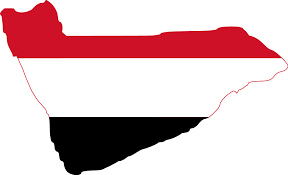Turkey and Iran working on Ceasefire in Yemen?

Speaking in a press conference, Cavusoglu said that a four-paragraph agreement was concluded between Iran and his country, adding the first paragraph of the agreement calls for an immediate halt to Saud Arabia and its allies’ airstrikes on Yemen.
He further added that President Erdogan, who travelled to Iran on April 7, will depart for the Saudi capital soon to persuade the Riyadh officials for putting the agreement’s details into effect as soon as possible.
The Iran-Turkey agreement includes: Immediate halt in attacks on Yemen, dispatching humanitarian aid to the crisis-hit country, starting national dialogue, and paving the ground for the establishment of an all-inclusive government in Yemen.
Saudi Arabia has been striking Yemen for 17 days now to restore power to fugitive president Mansour Hadi, a close ally of Riyadh. The Saudi-led aggression has so far killed over 1010 Yemenis, including hundreds of women and children. The attacks have also left more than 2200 people injured.
Hadi stepped down in January and refused to reconsider the decision despite calls by Ansarullah revolutionaries of the Houthi movement.
Despite Riyadh’s claims that it is bombing the positions of the Ansarullah fighters, Saudi warplanes are flattening residential areas and civilian infrastructures.
Five Persian Gulf States — Saudi Arabia, the United Arab Emirates (UAE), Bahrain, Qatar and Kuwait — and Egypt that are also assisted by Israel and backed by the US declared war on Yemen in a joint statement issued on March 26.

